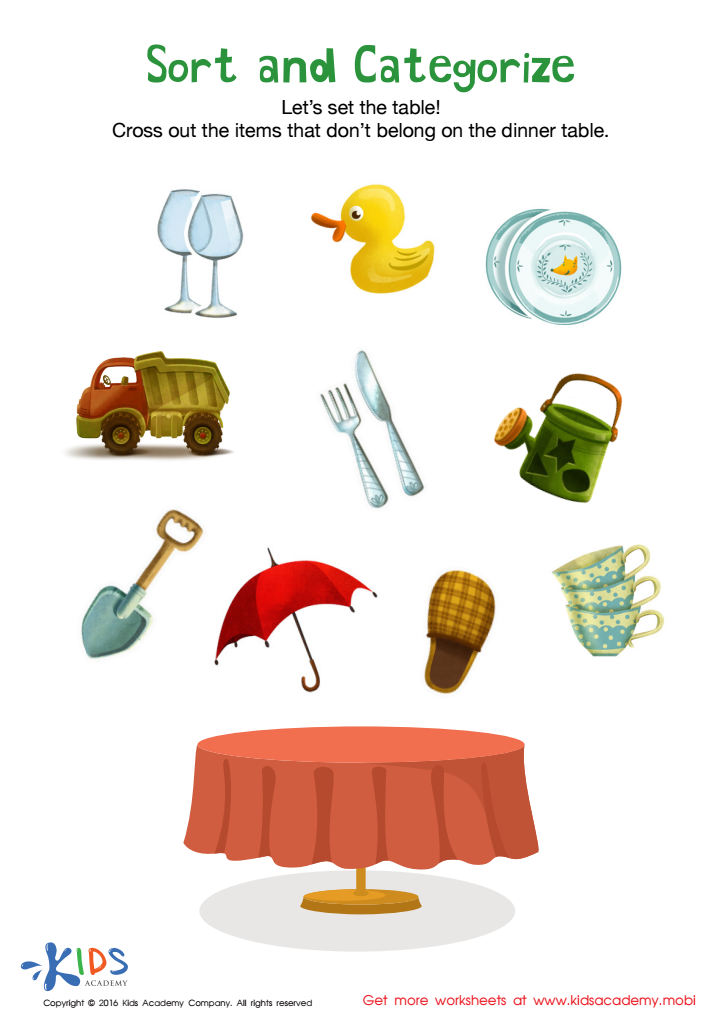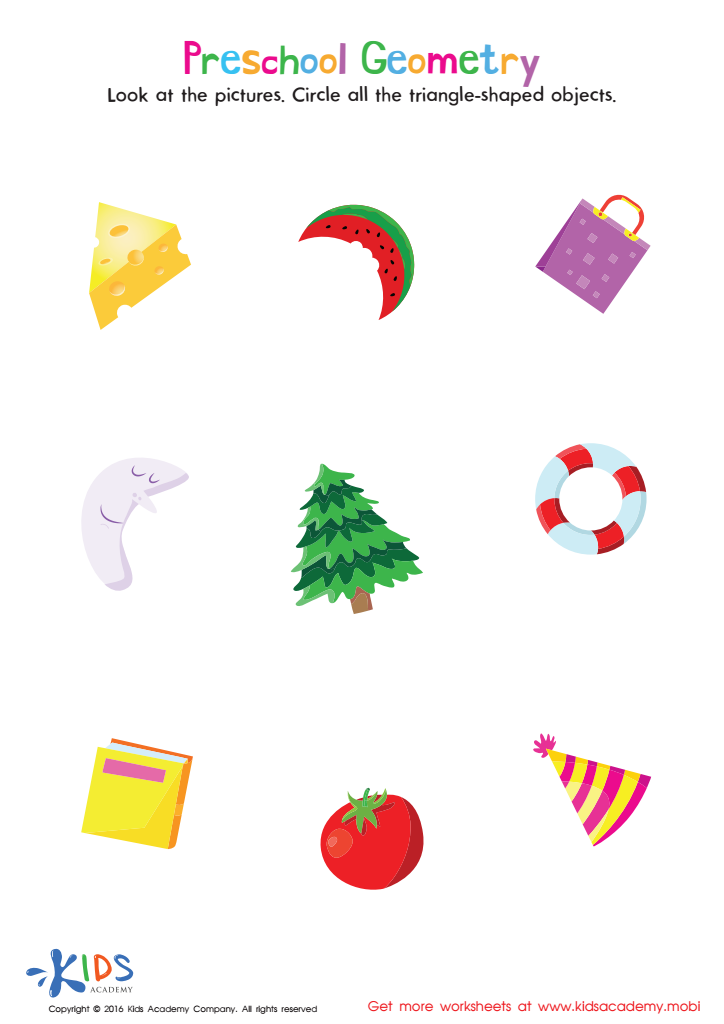Shape Recognition Math Worksheets for 3-Year-Olds
30 filtered results
-
From - To
Introduce your little ones to the exciting world of shapes with our Shape Recognition Math Worksheets tailored for 3-year-olds! Designed to engage while teaching, these worksheets help preschoolers identify and differentiate various shapes through fun and interactive activities. Our engaging exercises develop essential early math skills, laying a strong foundation for future learning. Each printable worksheet combines vibrant graphics with simple instructions to captivate young minds and encourage hands-on learning. Perfect for both parents and educators, these resources provide a playful pathway to early childhood shape recognition and math success. Visit Kids Academy for your bundle of joyful learning today!
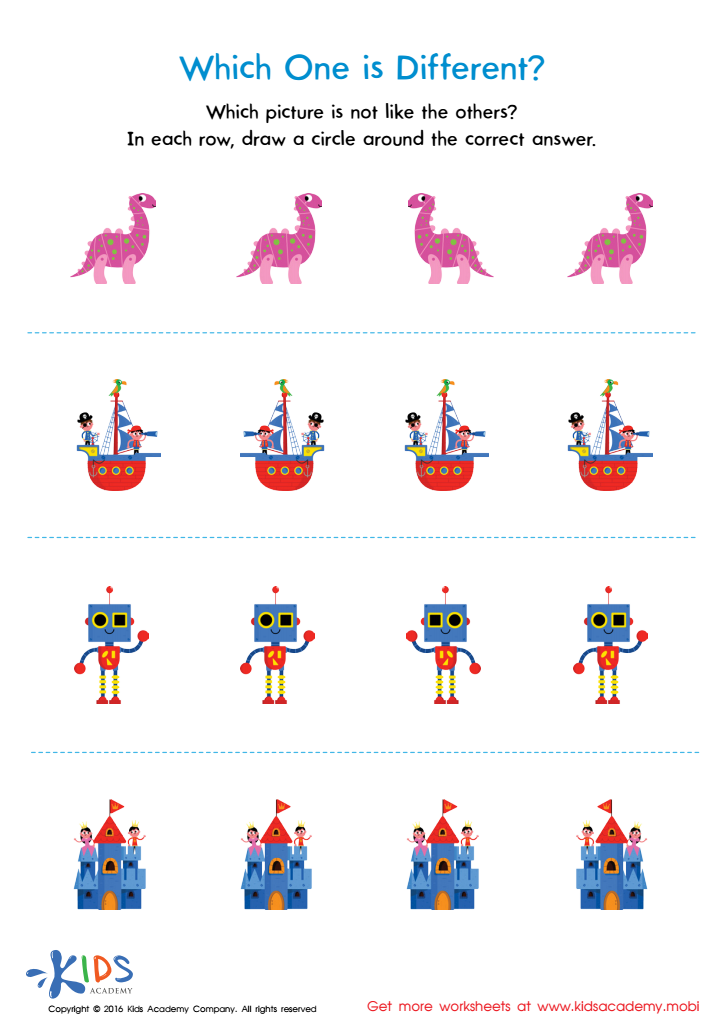

Which One Is Different Worksheet
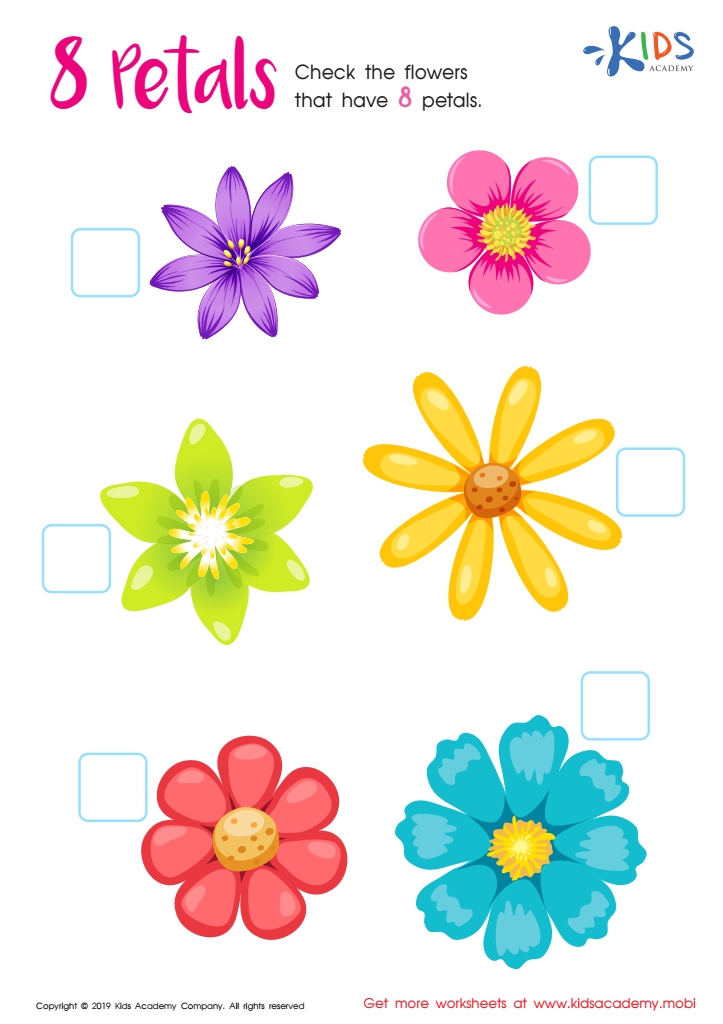

8 Petals Worksheet
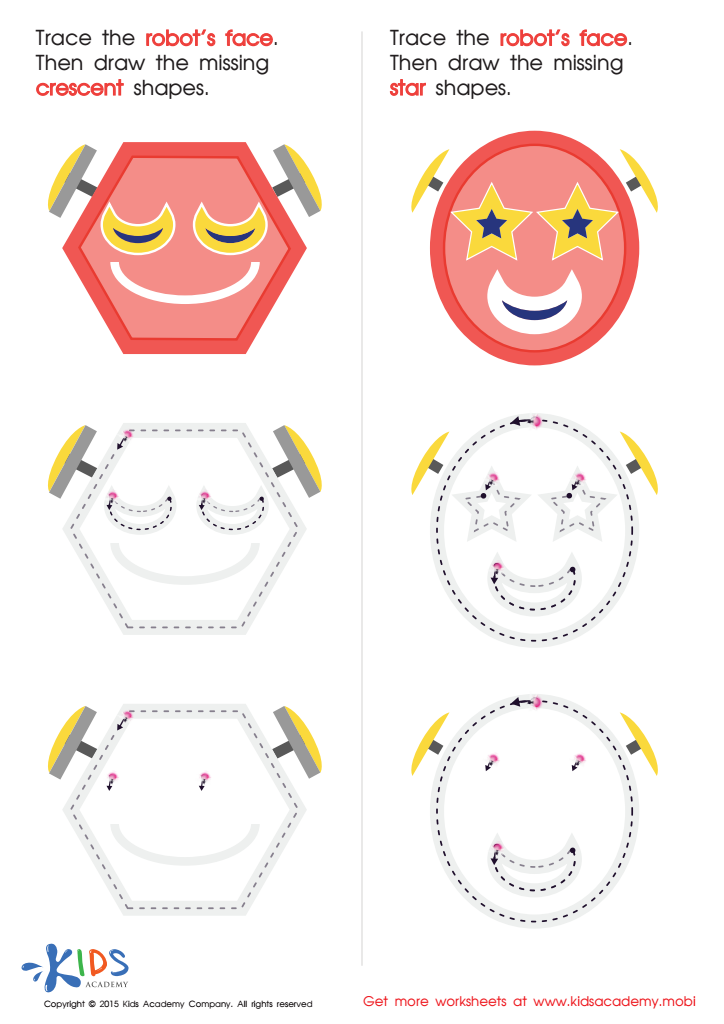

Composing a Robot's Face of Crescents And Stars Worksheet
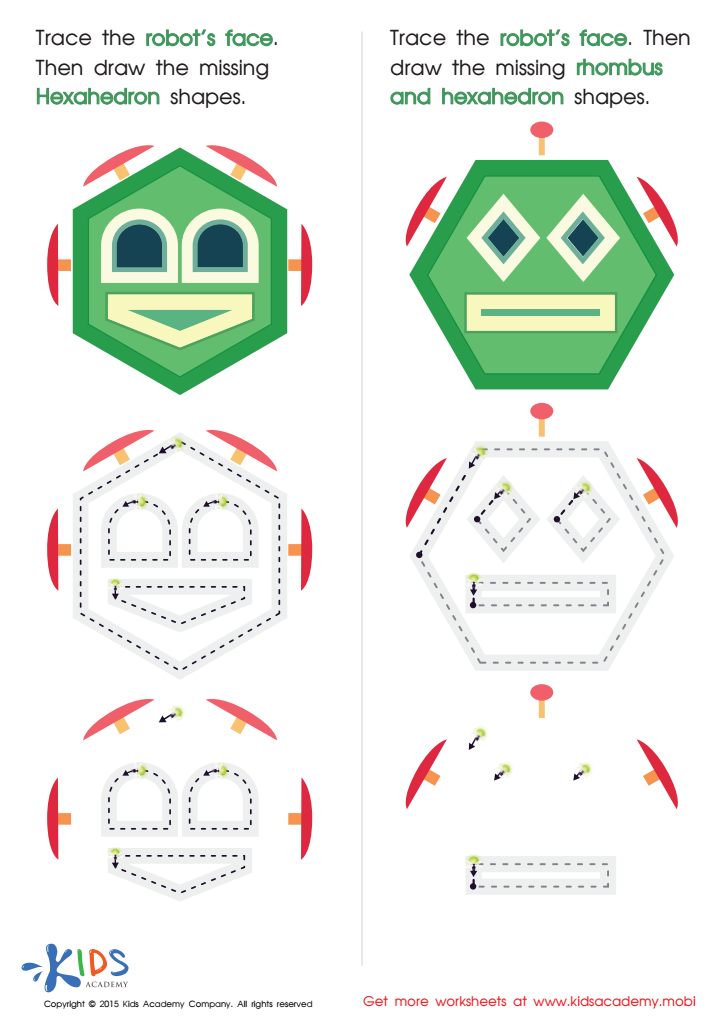

Practice Drawing Hexahedrons And a Rhombus Worksheet
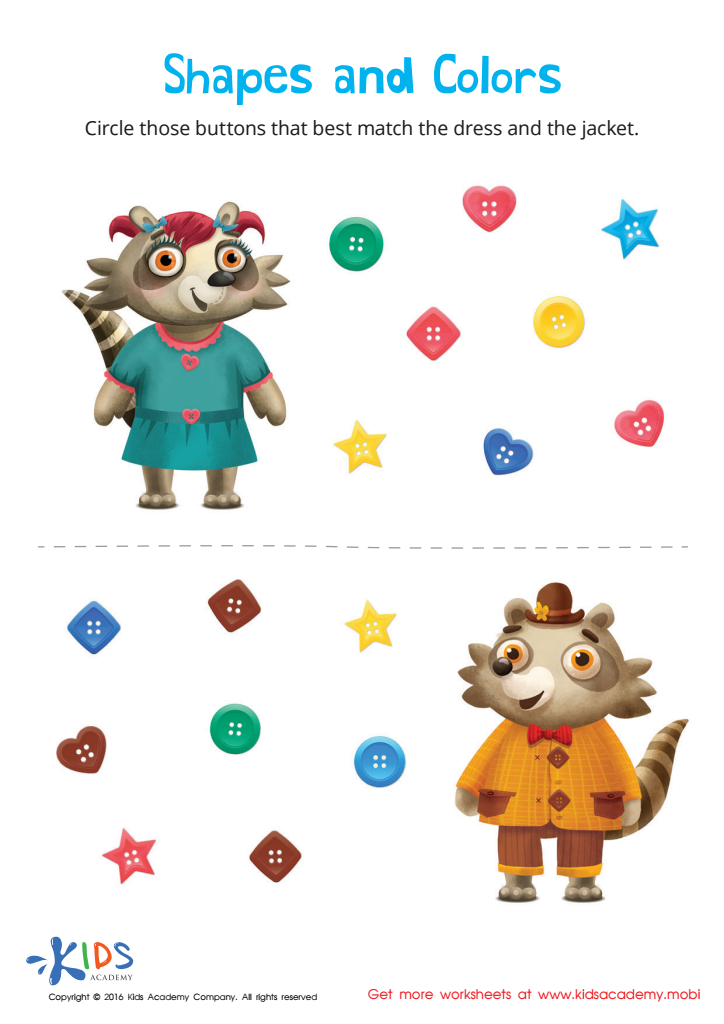

Matching: Shapes and Colors Worksheet
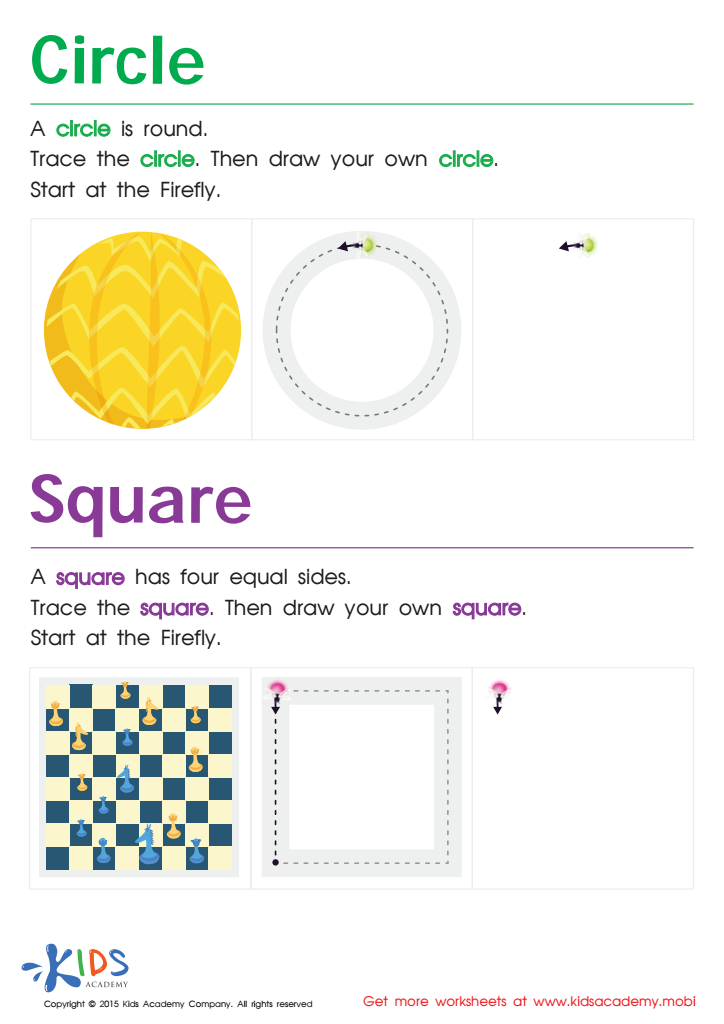

Trace And Draw a Circle And a Square Worksheet
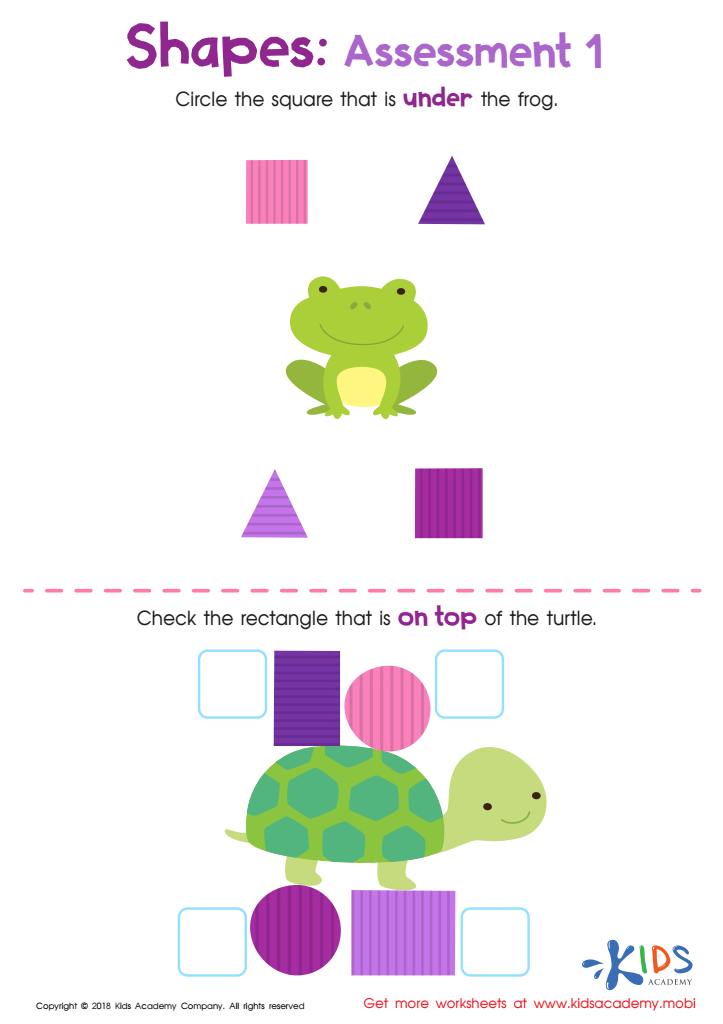

Geometry – Assessment 1 Worksheet
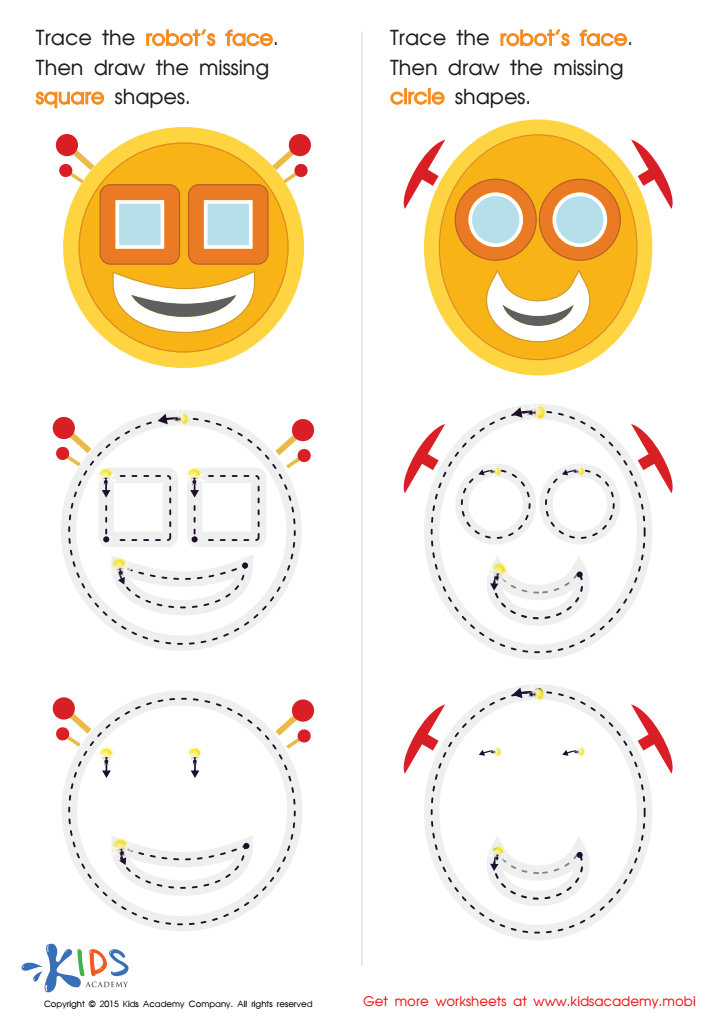

Practicing to Draw Circles And Squares Printable
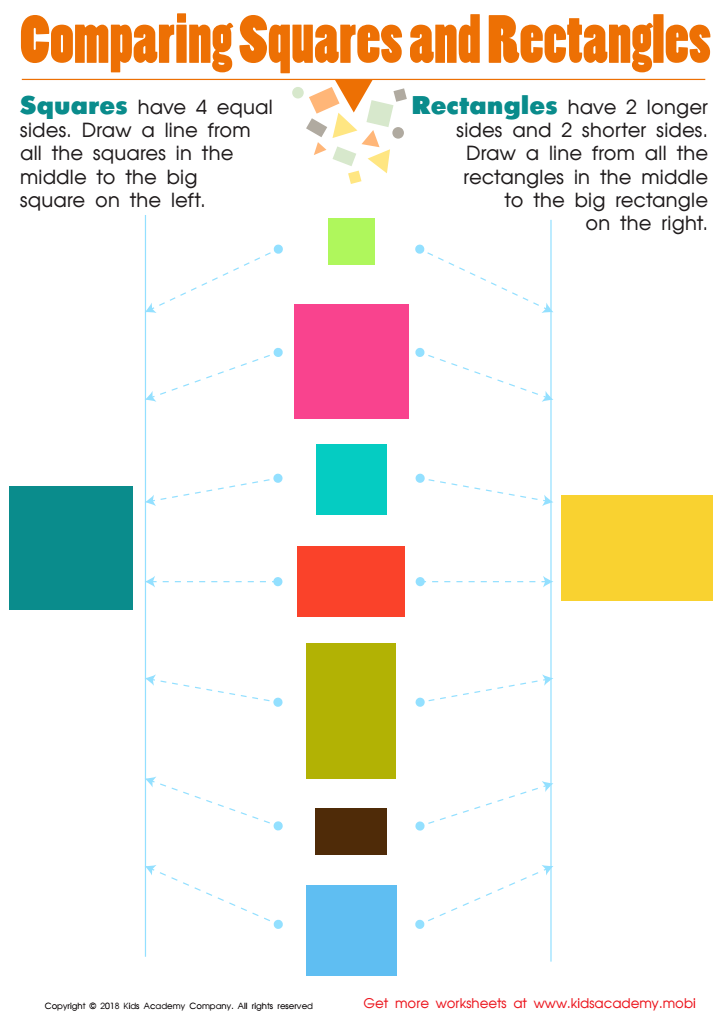

Comparing Squares Rectangles Worksheet
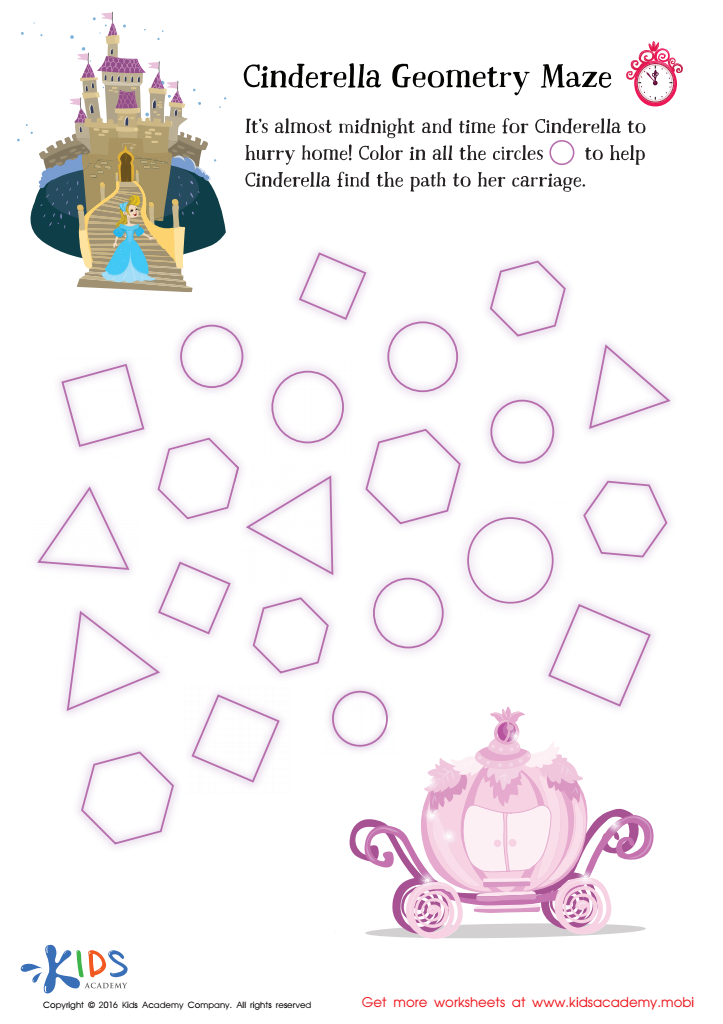

Cinderella Geometry Maze Worksheet


Preschool Geometry Match Up Worksheet
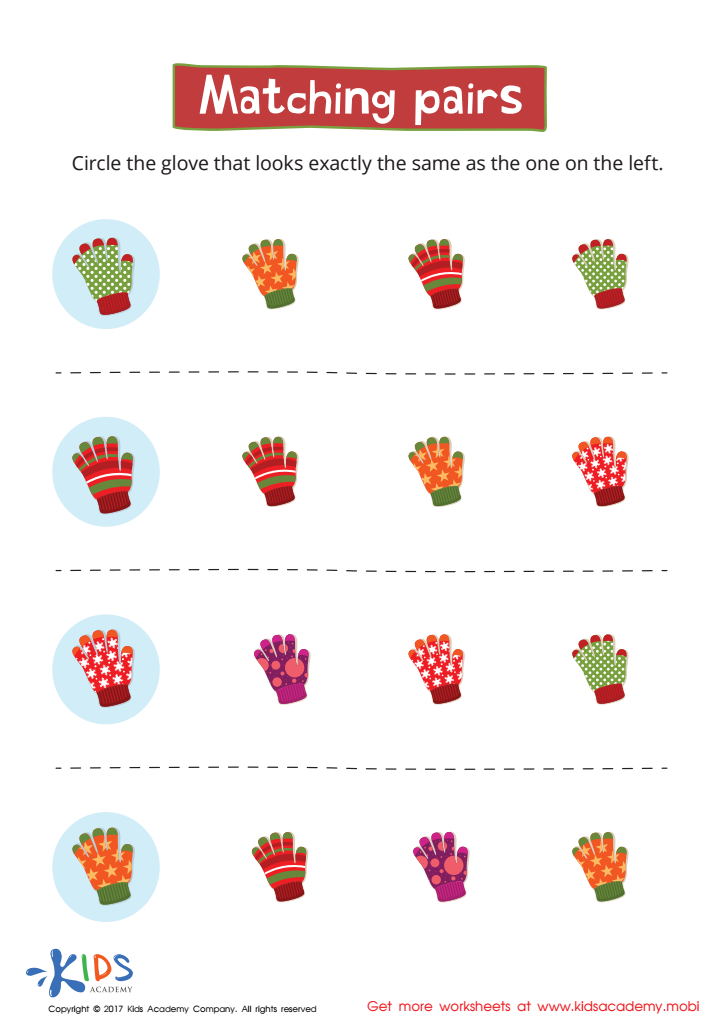

Matching: Matching Pairs Worksheet
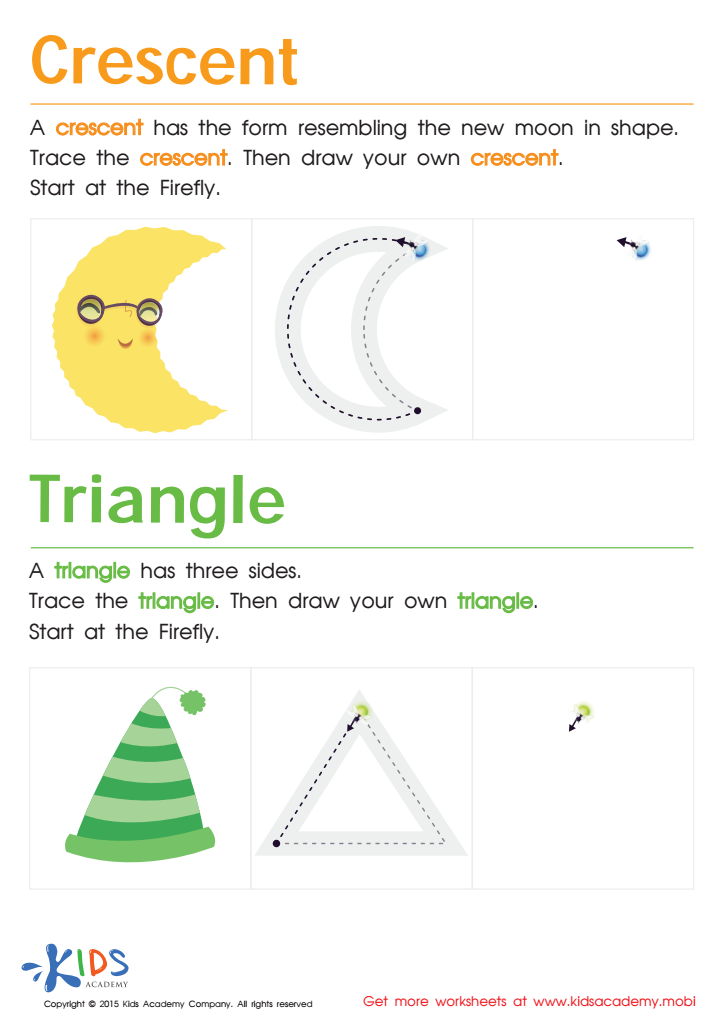

Learning to Draw Crescents And Triangles Worksheet
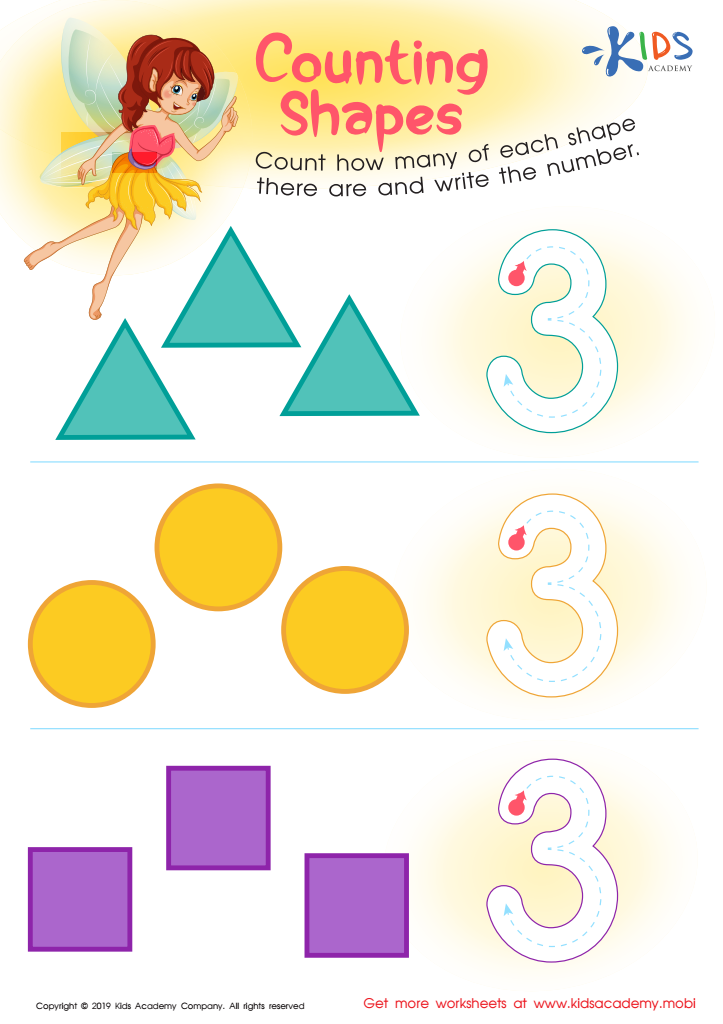

Counting Shapes Worksheet
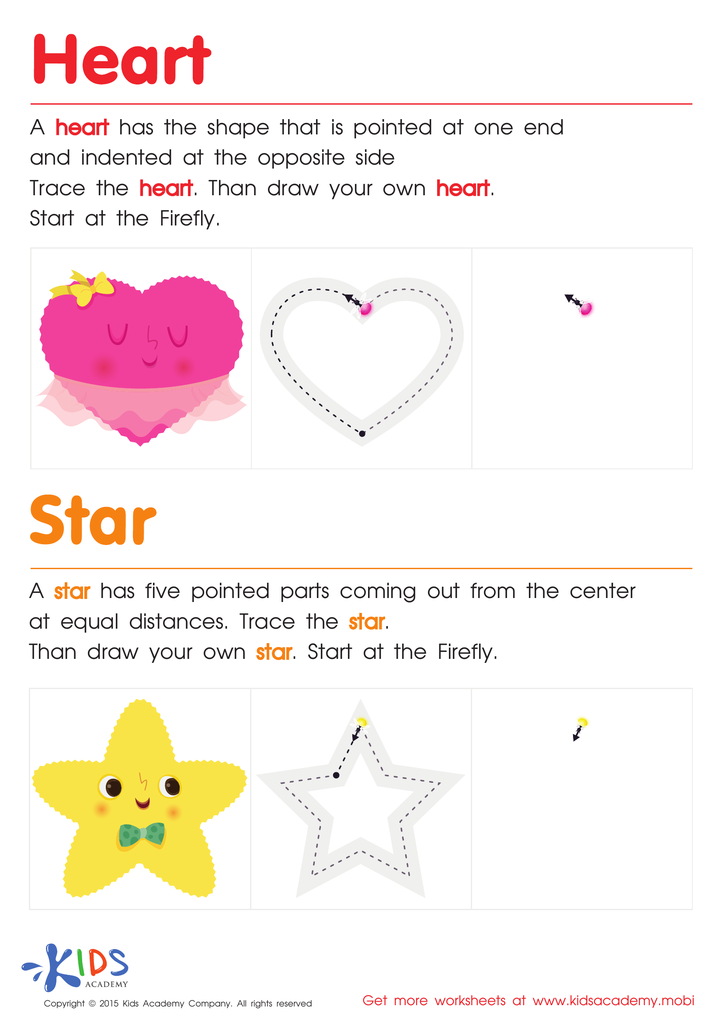

Let's Learn to Draw Hearts And Stars Printable
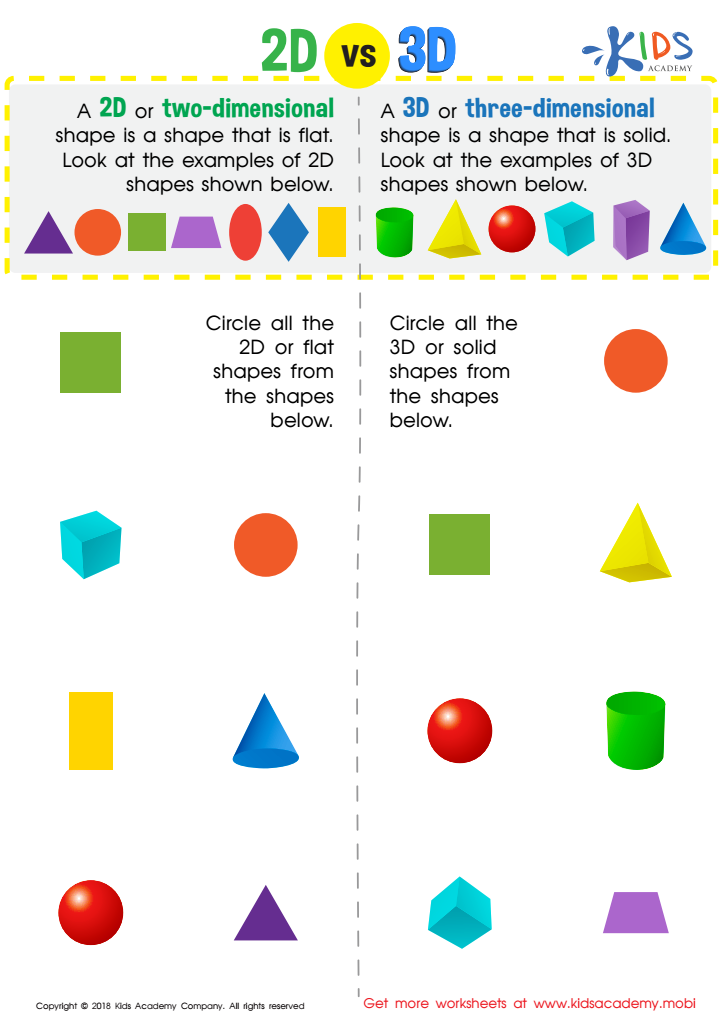

2D vs 3D Shapes Worksheet
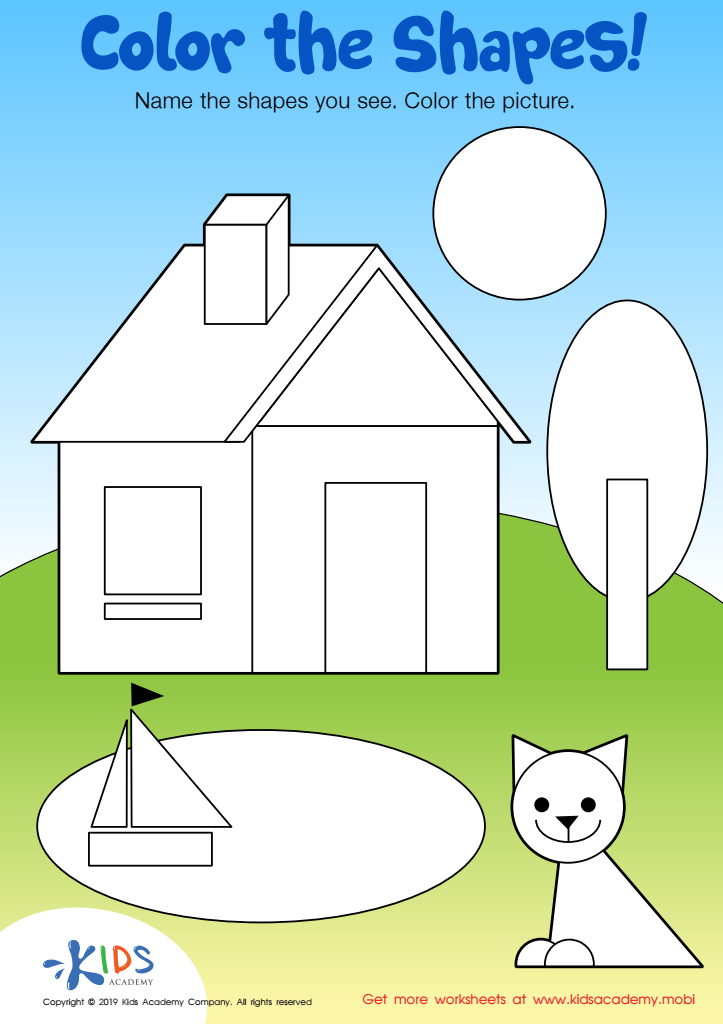

Color the Shapes Worksheet
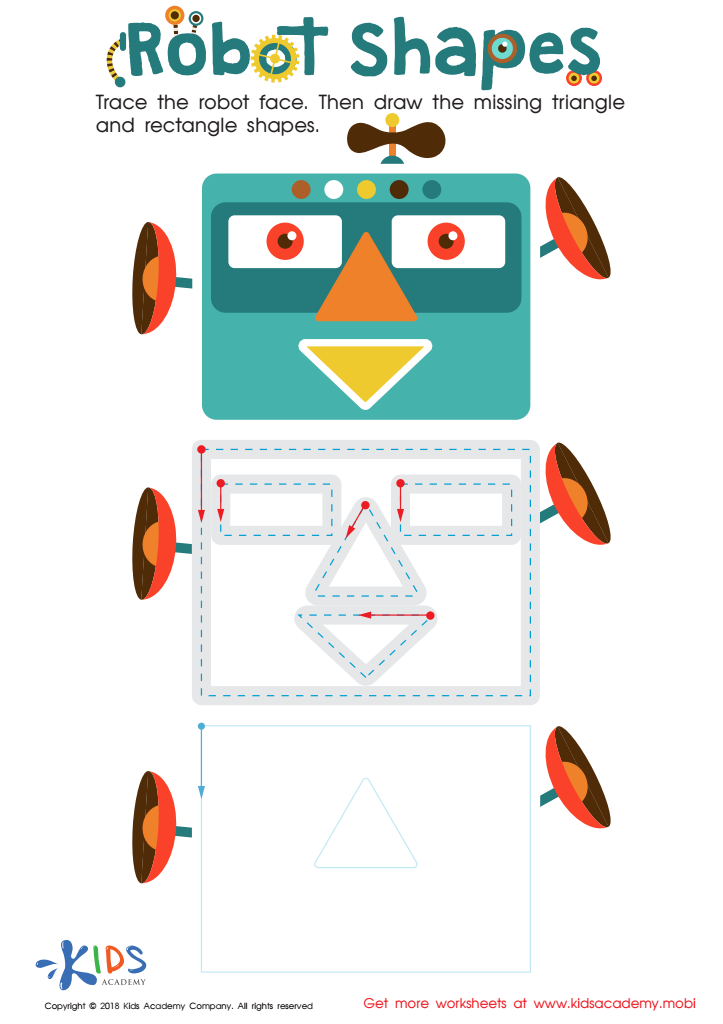

Robot Shapes Worksheet
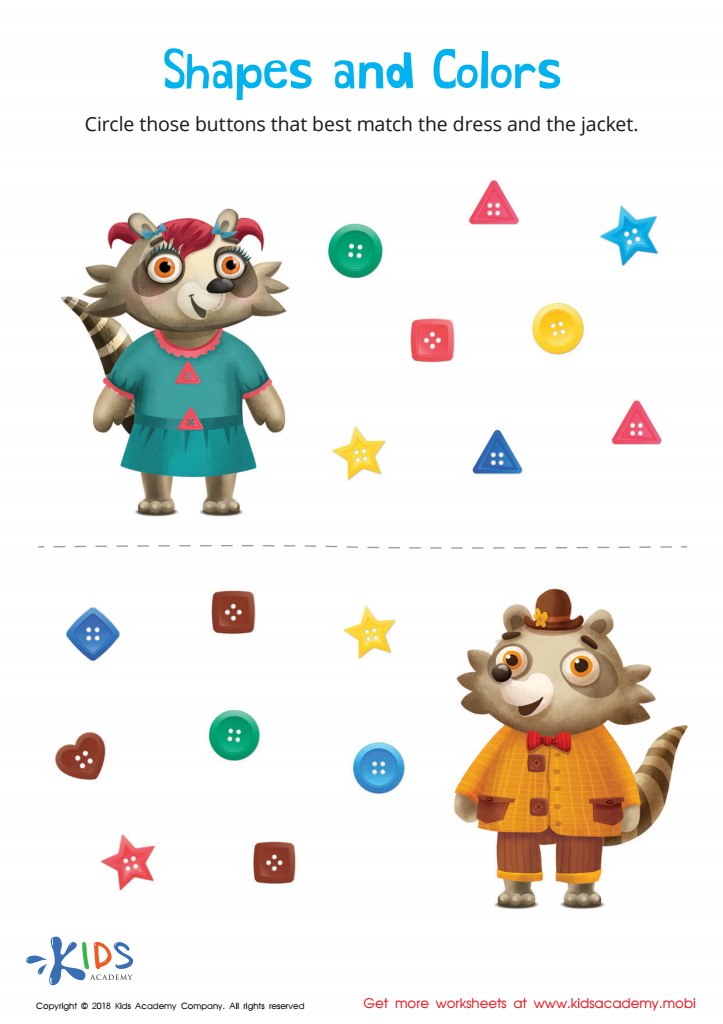

Shapes and Colors Worksheet
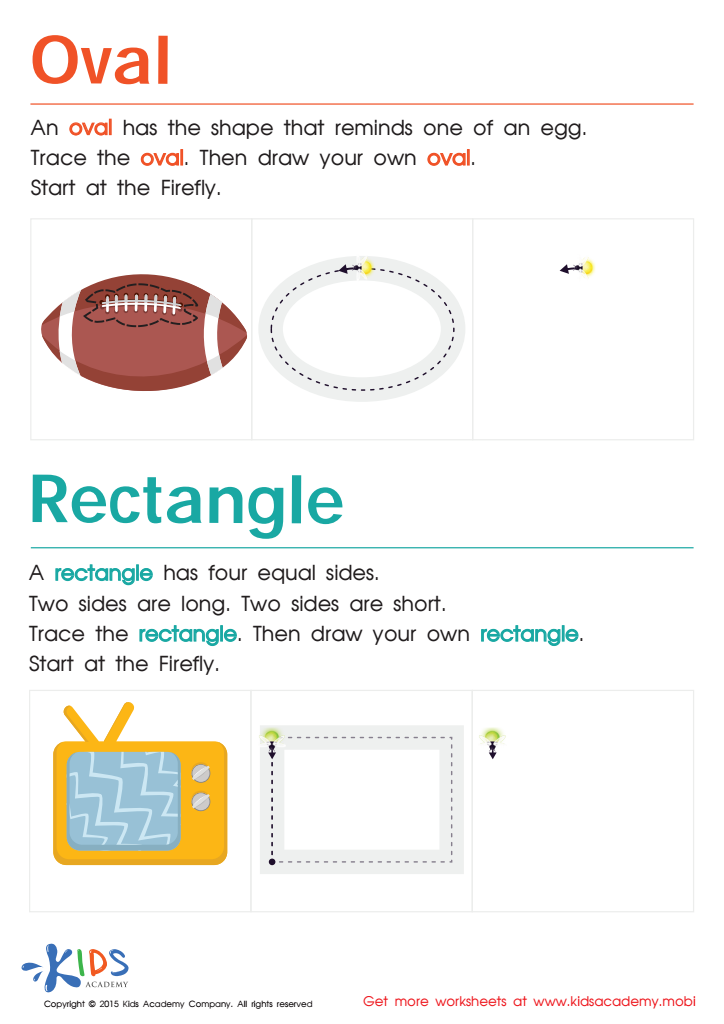

Easy Drawing of Ovals And Rectangles Worksheet
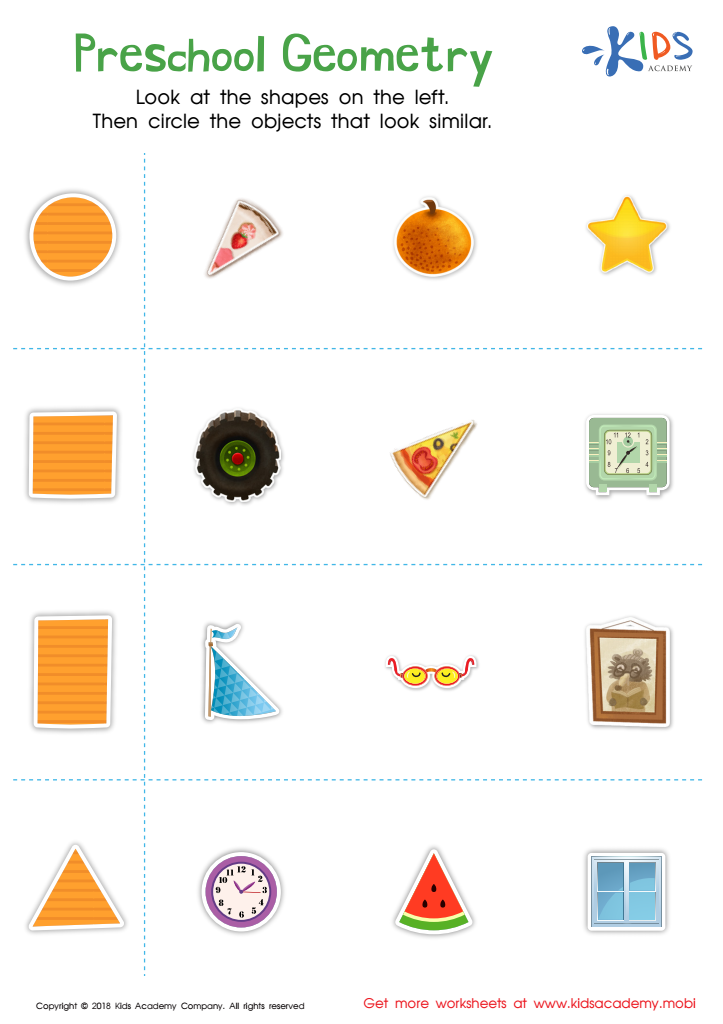

Preschool Geometry Worksheet
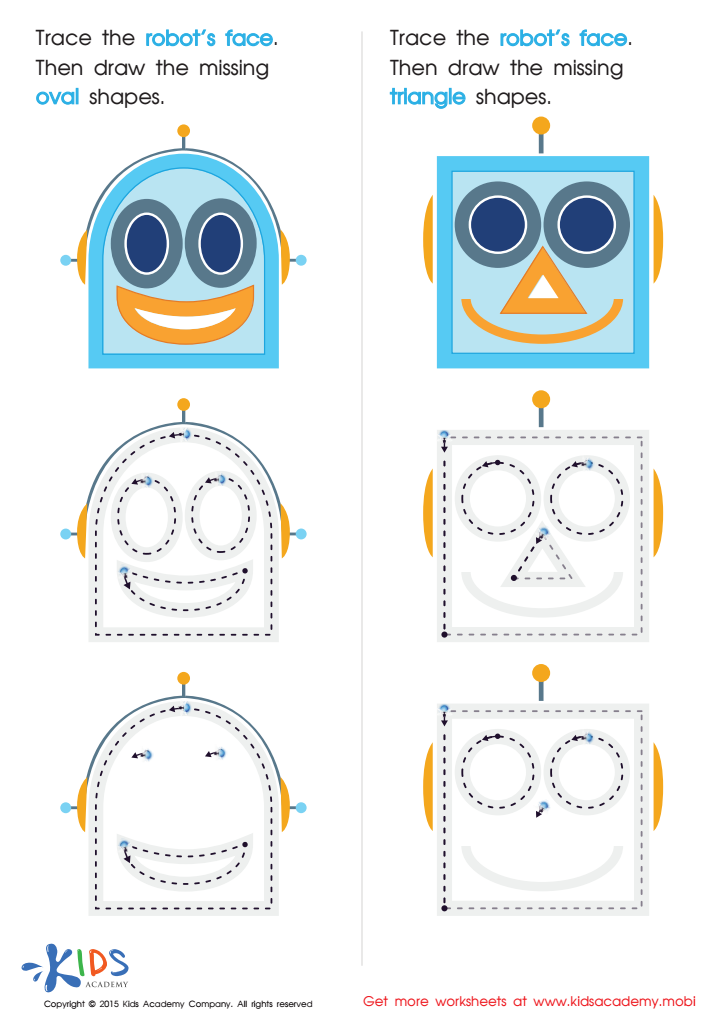

Drawing Ovals And Triangles with Fun Printable
Shape recognition is a fundamental skill for 3-year-olds, providing a critical foundational step in their cognitive and academic development. For both parents and teachers, understanding the importance of this skill can better prepare young children for future learning.
First, learning to identify and differentiate shapes enhances a child’s spatial awareness. Recognizing shapes helps children understand the concept of object permanence and differentiation, essential skills that translate into other areas such as reading and writing. As they learn that distinct shapes have specific names and characteristics, they build their vocabulary and descriptive language abilities.
Next, shape recognition involves categorizing and sorting, which are key components of early math skills. This foundation in mathematics extends beyond shapes, setting the stage for understanding numbers, patterns, and geometric concepts. Engaging children in activities that promote shape recognition operates not only as a fun, interactive way to learn but also solidifies essential problem-solving skills.
Furthermore, shape recognition aids in the development of fine motor skills. Activities like drawing shapes or manipulating shape puzzles require dexterity and coordination, contributing to a child's overall physical development.
In sum, parents and teachers should prioritize shape recognition in early childhood education as it significantly advances cognitive skills, language development, mathematical understanding, and fine motor abilities—all critical elements for lifelong learning and success.
 Assign to My Students
Assign to My Students


